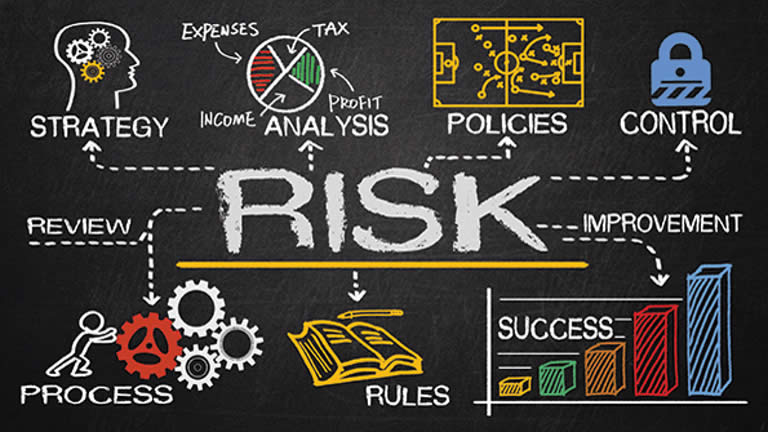Matthew Taylor (Alternative Markets Lead, Utopi) /
September 2023
ESG & The Competition for Talent: Future Proofing for Future Employees

Since 2020, the world we live in looks very different. Terms like ‘global pandemic’, ‘cost of living crisis’ and ‘workforce shortages’ are a common topic in popular culture, and society as a result feels uncertain of what the future holds. Then, when you introduce the idea of climate change, it can feel overwhelming.
But this is where ESG is a key solution to so many of these uncertainties – and yes, it’s being rolled out across global real estate markets – but let’s not forget the real custodians of a strong ESG strategy. You, the people. And in the context of Health and Social Care it’s the front-line workers who will see immense benefits from employers who prioritise ESG performance.
Are Health & Social Care employers thinking ESG?
“By 2029, the Millennial and Gen Z generations will make up 72% of the world’s workforce, compared to 52% in 2019.” (Marsh McClennan)
With such a huge portion of the future workforce being Millennial and Gen Z, it’s important to consider their needs and wants when planning recruitment drives and trying to solve the huge shortage of Health and Social care workers across the UK. Ultimately, this next generation of workers have an environmental conscience, and a clear desire to better themselves and the world they live in. Growing up in a time of global warming and increasing natural disasters like forest fires and hurricanes can do that.
Recent studies have shown that having a clear ESG strategy in place and a clear commitment to ESG performance can be a great way to attract, and more importantly retain, that talent: “Our study found that top employers, as measured by employee satisfaction and attractiveness to talent, have significantly higher ESG scores than their peers. This pattern is partly due to these employers’ relatively strong environmental performance, though the trend is also evident across specific social and governance issues. This finding suggests that ESG performance can help companies both improve employee satisfaction and attract prospective employees.” (Marsh McClennan)
Which begs the question, are you doing all you can to prioritise ESG and help remove the barrier to the workforce?
“More than half of the respondents (52%) said that they would stay longer than they otherwise might with a company that had made stretching ESG commitments and also recommend it to others as a good place to work. The figure rose to 60% among respondents from generation Z (those aged 18 to 22).” (Bupa Research)
How ESG affects workers in the Health & Social Care sector
1. Environmental
The ‘E’ in ESG is arguably one of the most talked about aspects of an ESG strategy, the environmental impact. How can your buildings be sustainable, how can working practise be more sustainable, and how can you help your business build environmental practises in everything they do. Yes, this reduces costs and emissions in the short term, but it also helps craft a green conscience for workers too.
For example, managing waste better, managing heating systems more efficiently, and using IoT and smart technology to drive efficiency across the board. What’s the point in having heating on in rooms with no occupancy or opening windows to regulate temperature – managing that waste and reducing energy consumption is a great example of smart E choices.
2. Social
The ‘S’ in ESG is all about social responsibility, and this really is a key area to consider in an ESG strategy when it comes to attracting and retaining staff. Social is all about the areas of their workplace that encourage a healthy and happy life for your staff. For example, do you have break out spaces for staff to relax and recharge their batteries, are there green spaces for them to enjoy and soak up fresh air in-between shifts, are indoor environmental conditions conducive to a productive and happy workplace. All these things make a difference to their mental and physical health, and in doing so, their satisfaction in a job.
After all, if covid taught us anything it’s that life is too short; and having a healthy work / life balance should be standard.
3. Governance
And finally, the ‘G’ in ESG is governance. What policies and government led initiatives can be used to safeguard all employees, no matter their gender, age, sexuality, religion, etc. Governance covers policies like Equal Opportunities and Fair Pay, it covers board diversity, ethical standards and makes sure that in these healthy and happy communities we build, that everyone has a voice and is held accountable for those standards from the very top.
‘Establishing a strong ESG strategy strengthens brand reputation, is attractive to investors and will help future- proof the business in the long term.’ (Browne Jacobson)
In the context of Health and Social Care for example, this includes having clear policies across your business that safeguard your workers on things like equal pay, and allows you to build a culture of trust, fairness, and support.
Ultimately, Millennials and Gen Zs want to work for employers with a clear conscience, and for brands that prioritise good ethical standards; and ESG is not only a way to reduce overheads, emissions, and drive operational efficiency, but also build sustainable communities in every aspect of the word.
‘As Opinium’s research for Bupa indicates, if businesses want to continue attracting talent – especially new entrants to the jobs market – having demonstrably strong ESG values may prove to be a crucial enticement.’(Raconteur)
If you would like to chat with one of our consultants, then why not book a meeting now.
We look forward to hearing from you!
Book your meeting now














